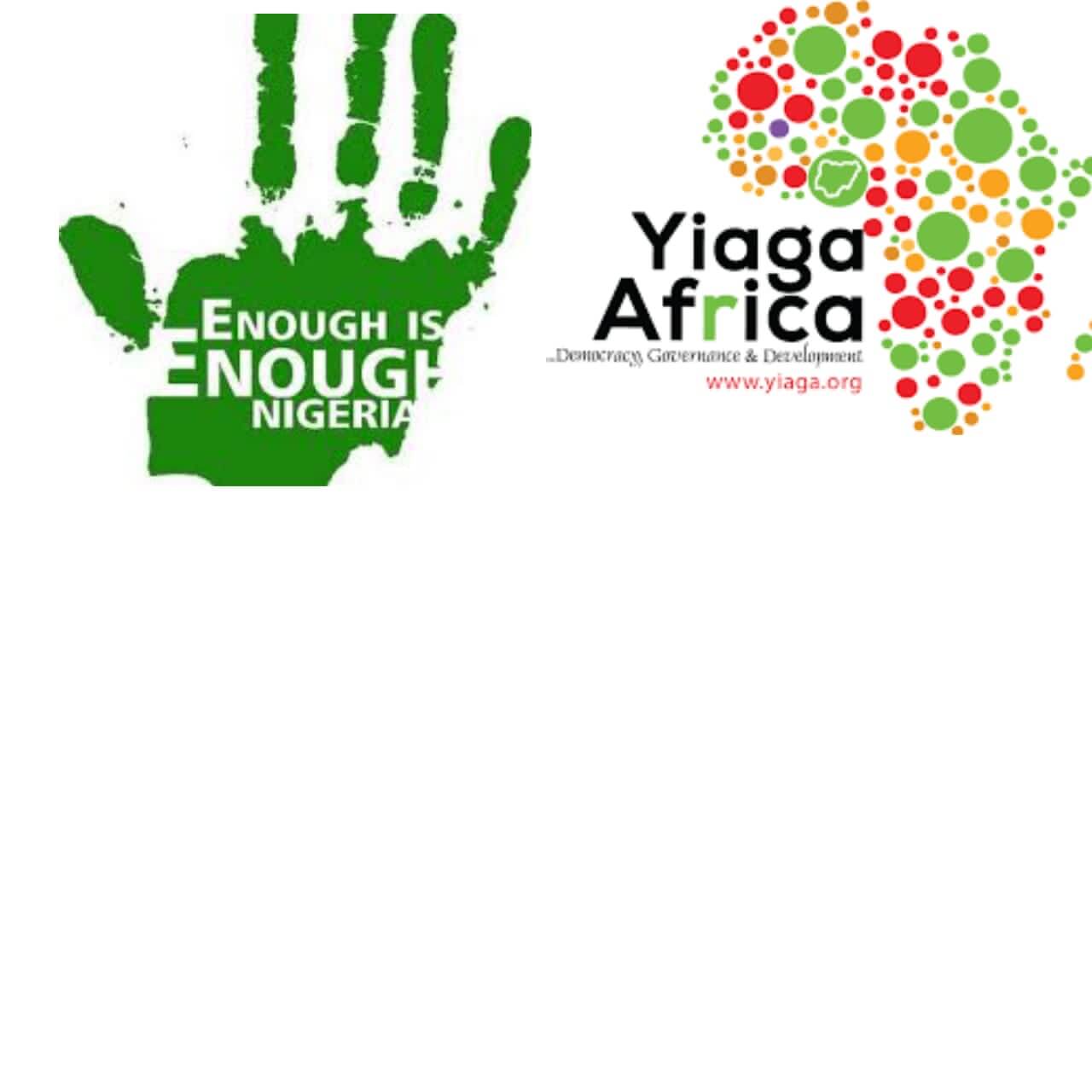A review of the EndSARs judicial panel inquiry into police brutality has shown that delay in investigations and findings, hindered justice delivery to victims.
This is according to a report launched by Enough is Enough (EiE) Nigeria and Yiaga Africa on Tuesday in Abuja.
The report noted that the delays also discouraged complainants in a number of jurisdictions.
Highlights from the report
The report, titled “Analysing the Effectiveness of the Judicial Panels in Tackling Police Brutality and State Government Responses,” offers a comprehensive assessment of the panels’ findings and recommendations across 29 states and the Federal Capital Territory (FCT).
The report reveals a series of challenges that have hindered the panels’ ability to bring justice to victims.
These challenges include limited operational independence, obstruction of justice, a lack of political will, insufficient funding, and a transparency gap.
Consequently, the report concludes that the panels have largely fallen short in their mission to provide justice to victims of police brutality.
One of the critical findings of the report is the lack of independence of the panels from the state governments that established them.
Read Also : Agbasimelo: why court detained two alleged suspects
This lack of independence is exemplified by the fact that the panels were often chaired by retired judges with close ties to the government.
Additionally, political interference was a recurring issue, as state governments pressured the panels to reach specific conclusions.
Another significant finding points to the obstruction faced by the panels in carrying out their work.
This obstruction manifested in various forms, including the non-cooperation of police officers, intimidation of witnesses, and the destruction of evidence.
Furthermore, the report highlights that state governments have largely failed to implement the panels’ recommendations. For instance, of the 32 recommendations made by the Lagos State Judicial Panel of Inquiry, only 17 have been implemented, and many of those have been watered down or failed to address the root causes of police brutality.
In response to these findings, the report calls upon the federal government to take concrete measures to ensure full implementation of the panels’ recommendations.
These measures include providing adequate funding, guaranteeing their independence, and holding state governments accountable for the proper execution of the recommendations.
This report serves as a severe indictment of the Nigerian government’s response to the #EndSARS protests, marking a significant setback in the ongoing battle against police brutality in Nigeria.
The EiE emphasises that this report represents a crucial step toward justice and accountability in Nigeria.
It exposes the excessive use of force by the Nigerian military and police against unarmed protesters, resulting in at least 12 deaths.
Additionally, the report underlines the government’s failure to address the systemic issues that led to the #EndSARS protests, such as police brutality, corruption, and governance failures.
It also coincides with increasing international scrutiny of the Nigerian government, likely intensifying pressure for the implementation of the report’s recommendations and accountability for security forces.
The report’s recommendations, if enacted, could mark a significant step toward reform in Nigeria, calling for the prosecution of those responsible for the death of protesters, the overhaul of the Nigerian police force, and the implementation of measures to address the root causes of the #EndSARS protests.
Recommendations
- The report recommends to the FG to facilitate the implementation of the recommendations of the States’ Judicial Panels of Inquiry into Police Brutality as a matter of national policy.
- Hold police officers accountable for human rights violations. Quick disciplinary actions should be taken against violating officers.
- Reform the police force to promote human rights and accountability.
- Strengthen existing independent oversight mechanisms for the police by incorporating public participation in oversight processes, such as public hearings and the collection of citizen complaints.
- Increase transparency and accountability in the police force, especially in the recruitment process of police officers
- Invest in police psychoanalysis, training and education, focusing on human rights and accountability.
- The states should work with the Federal Government to ensure that victims of police brutality receive compensation, as recommended by the States’ Judicial Panels of Inquiry.
- The states should also collaborate with the federal government and civil society organisations to reform the police force in their states to promote human rights and accountability. This could include measures such as:
- Implementing the recommendations of the States’ Judicial Panels of Inquiry related to police reform.
- Providing training to police officers on human rights and accountability. Establishing independent oversight mechanisms for the police.
- Increasing transparency and accountability in the police force.
- Improve the welfare conditions of officers – salaries, psychosocial support etc.
Recommendation to CSO
- Continue to clamour for the implementation of the recommendations and monitor the process.
- Hold governments at all levels accountable for its commitments Continue to advocate for police reform and justice for victims.

1 Comment